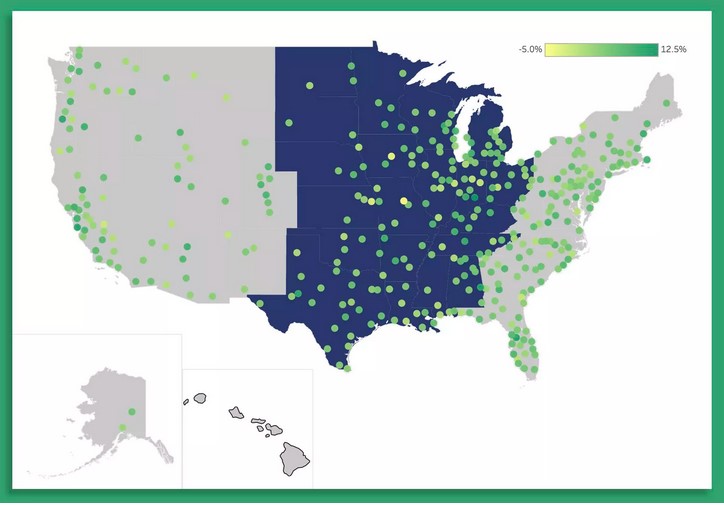Another tragic mass murder of children. It is within reasonable odds that the reader and their children will be shot before winning any state lottery. Yet, like an internal cancer, guns and gun ownership have become an irresponsible characteristic of American society.
Similarly, racial bias not just against blacks but against Chinese, Latino, immigrant and Middle Eastern races remains entrenched. Despite protest, like an internal cancer, racism has become an irresponsible characteristic of American society.
Similarly, homosexual differences and sexual discrimination against women prevail. Like an internal cancer, they have become an irresponsible characteristic of American society.
Similarly, the wealthy prey on more and more human lives, expanding the number of poverty-stricken families and forcing a drain on financial stability from governments, jobs, housing, and diverse productivity. Yet, like an internal cancer, trillions of American dollars continue to be hidden away and represent an irresponsible characteristic of American society.
Similarly, giant corporations have cornered freedom of speech. Lack of privacy, free thought and lack of accountability to the public, like an internal cancer, have become an irresponsible characteristic of American society.
Similarly, Federal and state governments have turned against democratic voting and pursue a totalitarian plutocracy. Like an internal cancer, self-interested governments have become an irresponsible characteristic of American society.
Similarly, the advocacy of religious institutions for the equal well-being of every individual has vanished and has been replaced with vile accusations, prejudice and endorsement of violence. Like an internal cancer, the spiritual base has become an irresponsible characteristic of American Society.
Some may scoff and recount the many counter-movements that fight these cancers. But the movements lose. The cancers abide within the core of the nation’s ethos.
Mariner is reminded of an old orange that has lost the shine of its rind. Soft shades of green begin to appear over the orange – then grey mold and sunken flesh appear. The orange approaches demise. There is no hope for this deliberately bred seedless orange.
Ancient Mariner

 human recruiter even meets them. Some automated programs evaluate not just on answers to questions, but sometimes on facial expressions, intonation and word choice.
human recruiter even meets them. Some automated programs evaluate not just on answers to questions, but sometimes on facial expressions, intonation and word choice.
 Christianity is the most spiritual. To be a Christian requires an eagerness to put aside one’s own sense of accomplishment and replace it with enabling success in others. The theological basis is a spiritual relationship – a partnership – with God, Jesus and the human Christian; scripturally called the Trinity. In 2014 Paul Harvey, a conservative talk show host on radio, said “Too many Christians are no longer fishers of men, but the keepers of the aquarium.” – clearly a recognition of an evaporating spiritual element in Christianity.
Christianity is the most spiritual. To be a Christian requires an eagerness to put aside one’s own sense of accomplishment and replace it with enabling success in others. The theological basis is a spiritual relationship – a partnership – with God, Jesus and the human Christian; scripturally called the Trinity. In 2014 Paul Harvey, a conservative talk show host on radio, said “Too many Christians are no longer fishers of men, but the keepers of the aquarium.” – clearly a recognition of an evaporating spiritual element in Christianity.